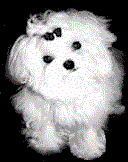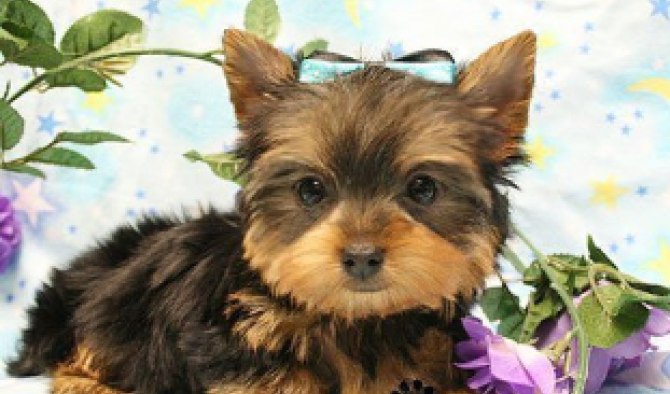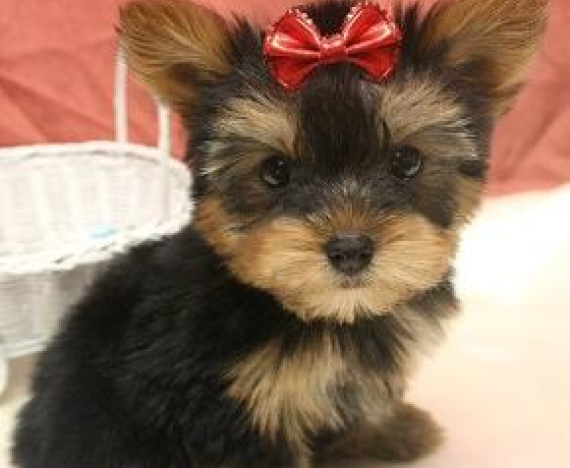

- Phone
- Email puppypetite@aol.com
-
Address
8002 17th Ave, Brooklyn NY 11214

Elements To Note In Potty Training a Shih Tzu Puppy
The Shih Tzu breed, often referred to as the "little lion", is renowned for its affectionate nature and outgoing personality. These compact dogs are small in size, typically weighing between 9 to 16 pounds, with a lush, long double coat. Shih Tzus possess a distinctively cute appearance with their round, wide-set eyes, and short muzzle. They are known for their friendly demeanor, getting along well with both humans and other pets. Despite their small stature, they carry a big heart, filled with loyalty and love for their families. Being an adaptable and intelligent breed, Shih Tzus are relatively easy to train, making them an ideal choice for first-time dog owners.


Consistency and Routine in Potty Training a Shih Tzu Puppy
Initiating and maintaining a consistent routine is key to successfully potty training a Shih Tzu puppy. This breed responds well to structure and consistency, which can aid in establishing good habits and reducing instances of accidents. Moreover, a well-planned routine can make the training process less stressful for both the puppy and the owner.
Consistency in potty training means sticking to a set schedule for feeding, playtime, and bathroom breaks. This allows the puppy to understand when and where they should be doing their business. Notably, puppies generally need to go after they eat, play, or wake up from a nap. Therefore, taking them to their designated potty area at these times can reinforce the desired behavior.
Routine, on the other hand, implies creating a familiar pattern for your Shih Tzu. This includes using the same door to go outside for bathroom breaks, giving a specific command or signal to indicate it's potty time, and rewarding the puppy immediately after they have successfully done their business in the right spot. This positive reinforcement encourages the puppy to repeat the behavior.
It's important to remember that potty training is a process that requires patience and understanding. The puppy is learning something completely new and there will be occasional accidents. It's crucial not to get frustrated or angry, but instead, to continue reinforcing the routine and consistency.
Consistency and routine play a fundamental role in potty training a Shih Tzu puppy. By adhering to a set schedule and repeating familiar patterns, you can guide your new furry friend towards successful toilet habits. The journey may have its challenges, but the resulting bond and understanding between you and your Shih Tzu can make it all worthwhile.

Understanding Positive Reinforcement
Positive reinforcement is a training method grounded in behavioral psychology that encourages the repetition of a desired behavior. This technique involves offering a reward immediately after a behavior is performed correctly, reinforcing the behavior and making it more likely to be repeated in the future.
When it comes to potty training a Shih Tzu, positive reinforcement can be instrumental. When your puppy uses the designated potty area correctly, immediately reward them with praise, a small treat, or their favorite toy. This helps the puppy associate using the potty area with positive consequences, thus encouraging them to repeat this behavior. Remember to be enthusiastic and generous with your praise to reinforce the positive experience.
However, it's crucial not to punish your puppy for accidents. Negative consequences can create fear and confusion, which can actually hinder the potty training process. Instead, consistently reward positive behaviors, and gently redirect your puppy when they make a mistake.
What is Crate Training?
Crate training is a useful, tried-and-true technique for house training puppies, forming part of the larger potty training strategy. It involves creating a familiar, safe space for your Shih Tzu puppy using a crate, where the puppy can retire when it needs to rest or when you're unable to supervise. This method leverages the natural instinct of dogs not to soil their sleeping area, making it a powerful tool for potty training.
The crate should be spacious enough for the puppy to stand, turn around, and lie down comfortably, but not too large that they might designate a corner for their bathroom needs. Initially, the puppy might feel uncomfortable or unsure about the crate. It's essential to introduce the crate in a positive manner. You can do this by placing treats, toys, and comfy bedding inside the crate, and allowing your puppy to explore it at their own pace.
The steps to crate training are as follows:
- Introduction to the crate: Let your puppy explore the crate. Encourage them by putting treats and toys inside. Let them go in and out as they please.
- Feeding meals in the crate: Start feeding your puppy their meals in the crate. This creates a positive association with the crate.
- Gradual increase in crate time: Once your puppy is comfortable eating in the crate, start closing the door while they eat. Gradually increase the time the door stays closed after they finish eating.
- Crate your puppy when you're out: When your puppy is comfortable staying in the crate, you can start crating them when you go out, ensuring they can't get into trouble while unsupervised.
- Crate your puppy at night: Once comfortable with the crate during the day, start crating your puppy at night. This will help with overnight potty training.
Remember, the crate is meant to be a positive, safe space, and not a place for punishment. Never use the crate as a way to confine your puppy for long periods or as a form of punishment. The duration your puppy spends in the crate should be gradually increased, and you should always provide plenty of opportunities for exercise and socialization outside the crate.
Crate training, when done properly, is an effective potty training tool that also offers the bonus of giving your Shih Tzu a safe, secure space of their own. It requires patience, as your puppy will need time to adjust to the idea of the crate. However, with consistent positive reinforcement, your puppy will eventually come to see the crate as a comforting, safe space, and you'll be one step closer to fully potty training your Shih Tzu puppy.
